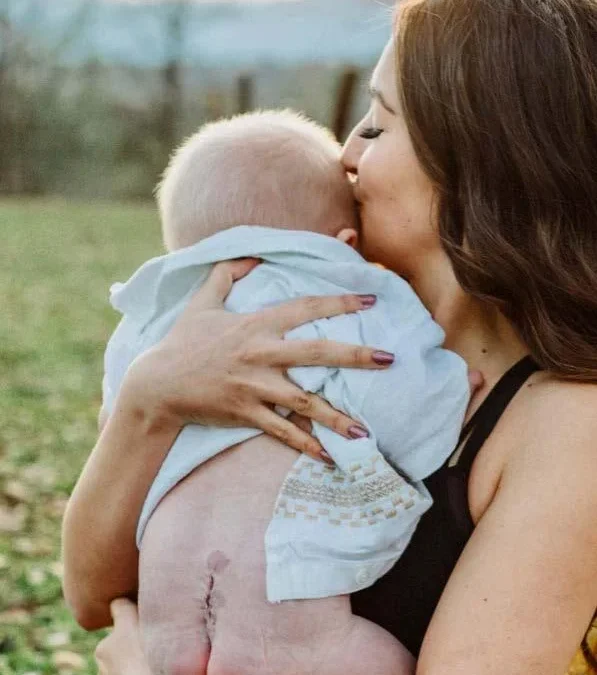
by Erika K Wolf | Oct 26, 2024 | Blogs, Condition, Congenital Diaphragmatic Hernia, front-page, Hydrocephalus/ Ventriculomegaly, Myelomeningocele/Spina Bifida, News, Spina Bifida, Story, Uncategorized
5-minute read
A young mom is faced with life or death decisions soon after learning her son’s diagnosis of spina bifida and hydrocephalus. She tells us her heartwarming story.
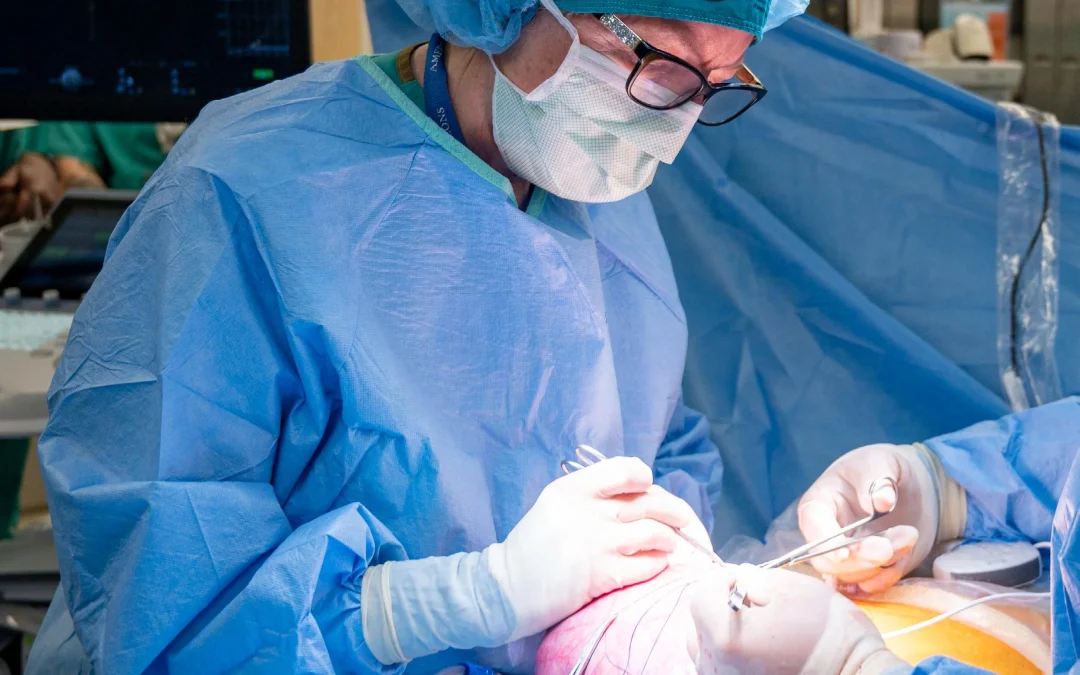
by Erika K Wolf | Oct 21, 2024 | Blogs, Condition, front-page, Myelomeningocele/Spina Bifida, News, Spina Bifida, Story
4-minute read
Researchers at UC Davis Health are continuing to Phase 2 of a clinical trial for in utero surgery that uses stem cells to repair spina bifida defect, offering potential better outcomes.
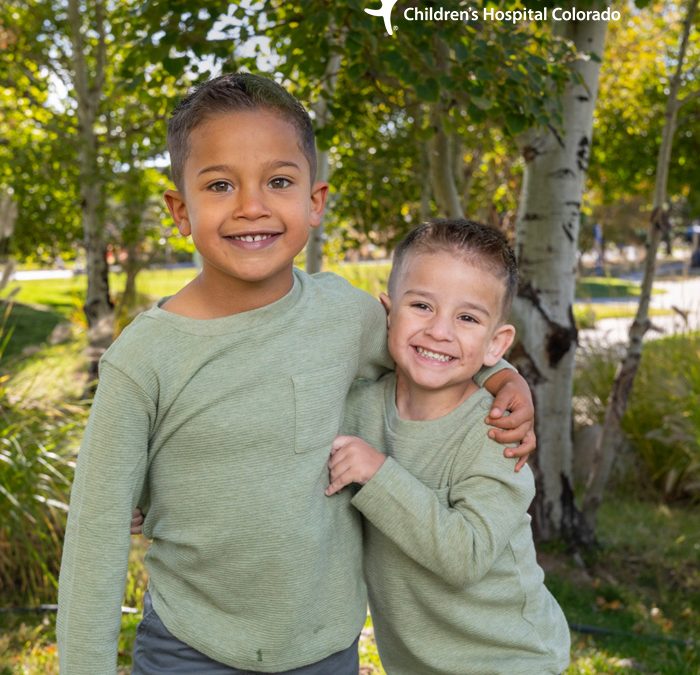
by Erika K Wolf | Oct 17, 2024 | Blogs, Cardiac Disease, Condition, Congenital Heart Disease/Defects, front-page, Hypoplastic Left Heart Syndrome, News, Story
3-minute read
Zane and Zeke are happy and thriving today after experiencing impossibly long odds of developing the same congenital heart defect. The exceptional care teams at Children’s Hospital Colorado provided cutting edge expertise and unwavering support for the entire family throughout both boys’ fight to survive.
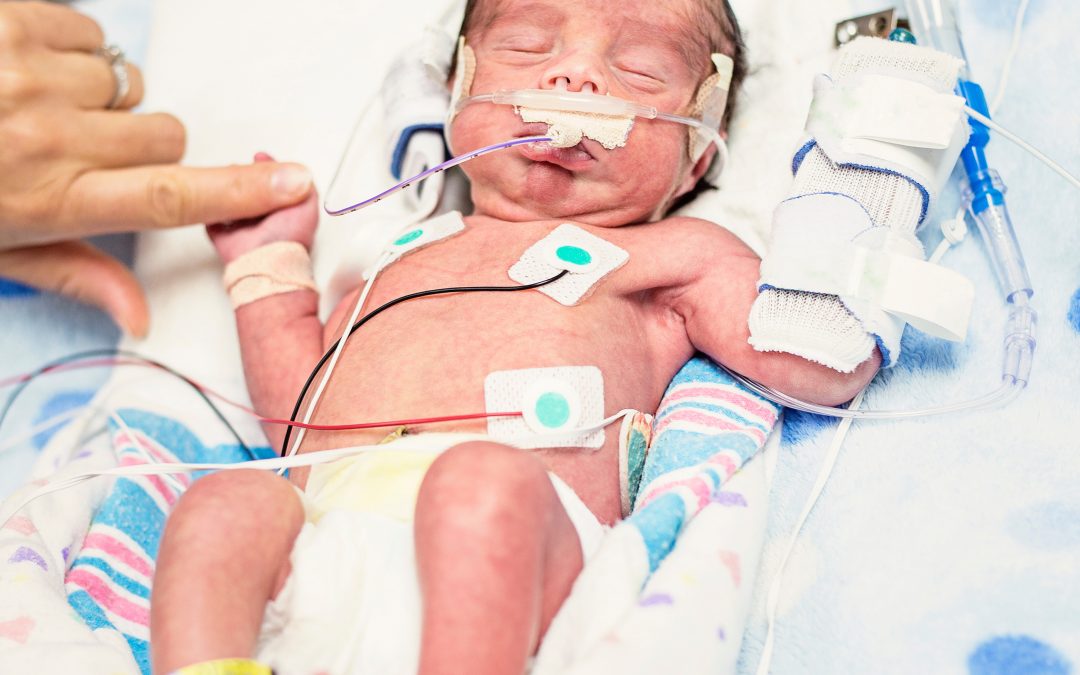
by Erika K Wolf | Sep 26, 2024 | Blogs, front-page, News, Story, Uncategorized
2 minutes
An affordable and accessible test can provide pregnant women around the world an opportunity to understand their risk of preterm birth, allowing for healthier pregnancies and healthier babies.
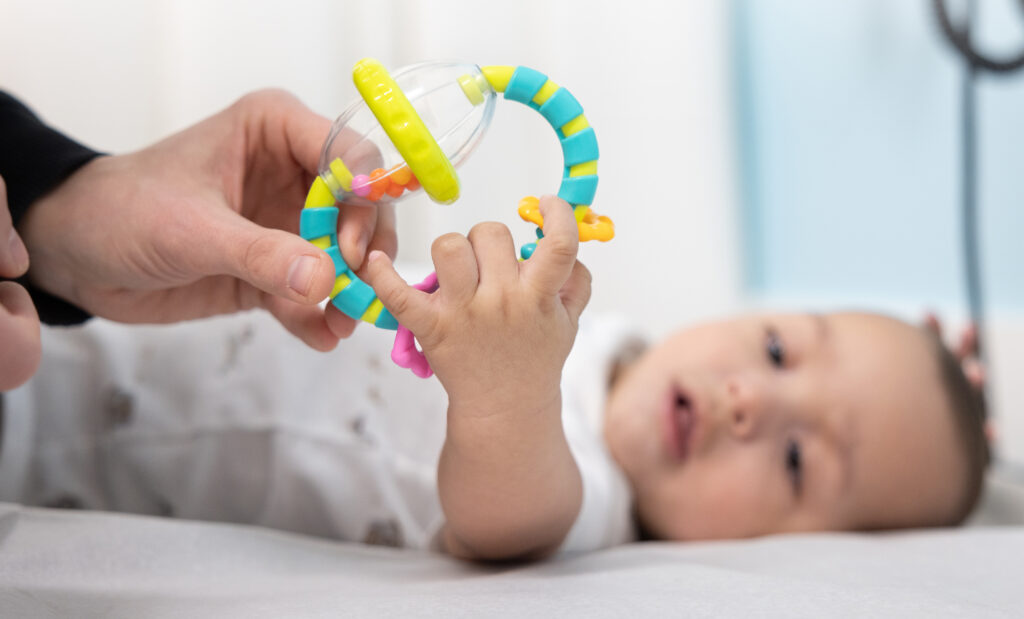
by Erika K Wolf | Sep 17, 2024 | Blogs, Congenital Heart Disease/Defects, Fetal Cardiac Abnormalities, front-page, Myelomeningocele/Spina Bifida, Neurological Defects, News, Story, Uncategorized
4-minute read
Now that there is ever-growing potential to intervene medically before a child is born, it expands the utility of prenatal testing. Doctors can find ways to intervene earlier to improve outcomes.
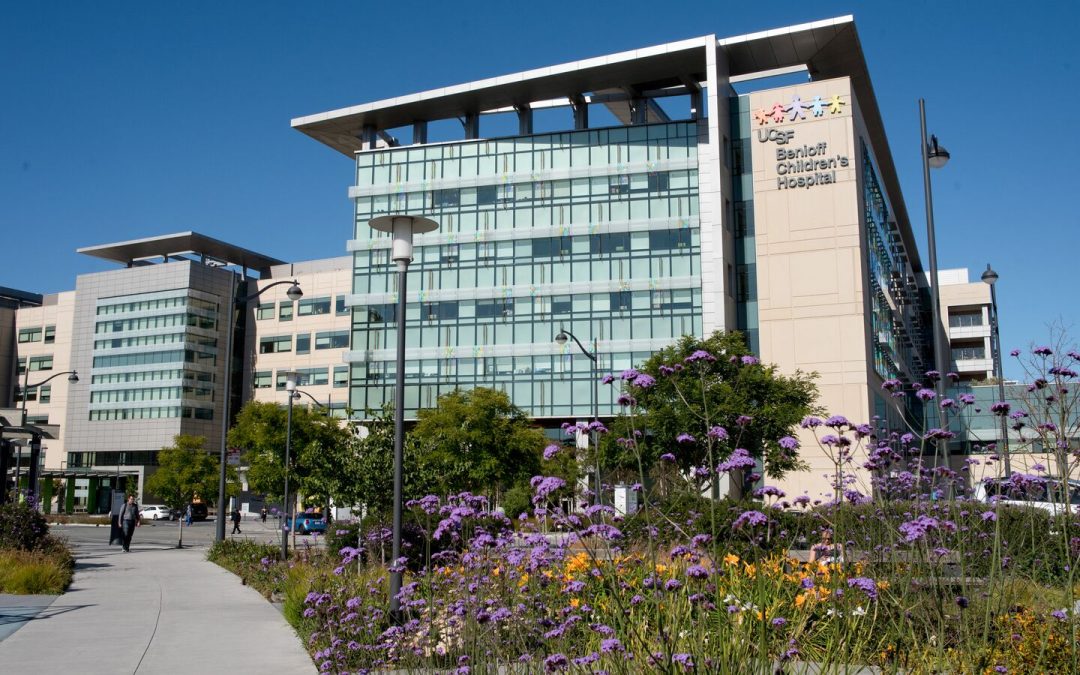
by Erika K Wolf | Sep 3, 2024 | Blogs, Condition, Fetal Hydrops, front-page, News, Story, Uncategorized
3-minute read
University of California at San Francisco Hydrops Center of Excellence leads the way in Hydrops research. Funding from Brianna Marie and Fetal Health Foundations helps experts continue to deliver the latest in-utero treatments.






